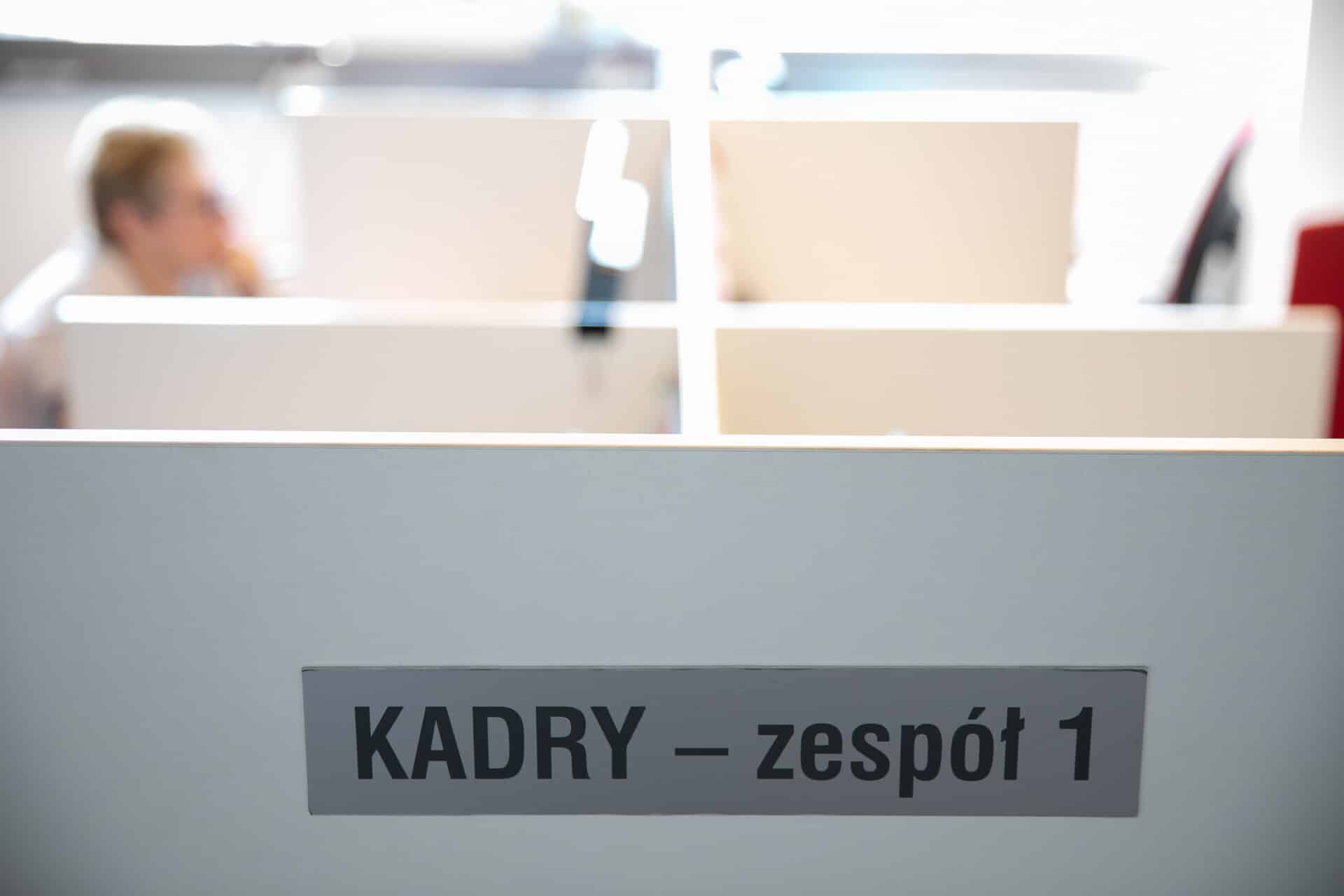The effects of the pandemic, armed conflicts, and rapid inflation in recent years have reversed trends and impacted the global logistics industry. However, this crisis has been well-exploited by some businesses – Central and Eastern Europe, including Poland, have benefitted. Shortening supply chains, the growth of e-commerce and last-mile logistics, along with increased interest from Asian investors in the local market, have brought new challenges. There has been an increase in demand for warehouse space, new technologies and, above all, Polish specialists. This is especially evident in the automotive industry, which is blossoming in Silesia. This is excellent conditions for the development of contract logistics.
Contract logistics is a significant element of the supply chain. It involves outsourcing logistics services to one or multiple specialized companies. The tasks delegated to third parties are mainly those that could be problematic for the manufacturer and can benefit from the knowledge of companies dealing with this issue on a daily basis. Primarily, transport, customs and cargo consolidation, warehousing, and goods distribution are involved. The last year was a time of dynamic acceleration in these areas.
The name Silicon Valley 2.0 is a hybrid of the well-known term describing an area in northern California, which is a center of advanced technology and innovation. Similarly, Silesia is one of the most prevalent locations for the automotive industry on the map of Poland and even in Europe or the world. These are OEMs (Original Equipment Manufacturers), such as Stellantis group car manufacturers, which owns brands like Opel, Peugeot, FIAT, Alfa Romeo, and others, as well as first and second-tier suppliers.
The great advantage of Silesia is its cross-border nature. The region is a point where road, rail, and air transport connect. Its human factor advantage lies in the warehouse and production workers that the region can provide. The educational base is also crucial, with renowned universities such as the University of Economics in Katowice and the Silesian University of Technology, which are recognized for educating future specialists.
The automotive industry is one of the main areas of specialization for people who work in Silesia, and their skills are appreciated worldwide. As a result, companies are increasingly opting to centralize certain parts of their supply chain in this region.
There is a consistent demand for employees in this sector, ranging from the mid-level to highly specialized – from a Logistics Specialist to a Logistics Manager/Director. There is a large pool of talent in this area, and both demand and supply are plentiful. Challenges include knowledge transfer and candidate transfer, as well as increased wage pressure due to the increased demand for skilled workers in the sector. Candidates are well aware of their value in the market. Our analyses show a significant increase in candidates’ financial expectations compared to 2021, particularly for the most popular and sought-after positions.
The Katowice branch of Michael Page assists in finding the ideal candidate, with a team of consultants who understand the market from the inside and are experts in their field. They also educate clients and show them what recruitment looks like in the current employee-driven market. The demand for specialized supply chain positions is significant, and a typical job posting on the internet is no longer sufficient. Some challenges for headhunters include finding the right specialist in a given area. The automotive industry can be very attractive to candidates, but the entry threshold is high in terms of skills.
The top positions in the logistics industry today are strategic buyers at a highly specialized level. These are Purchasing Managers, Logistics Managers, and Supply Chain Managers. People in these roles are involved in major projects. prominents roles in contract logistics include Business Development Managers (BDMs), who are respnsible for sea, container, rail, and road transport, as well as the Director of the Logistics Center (Distribution Center), who oversees the entire logistics park, handling orders, transport, and warehouse processes. Companies are increasingly enquiring about specialists with knowledge of more exotic languages such as Chinese, Korean, or Swedish.
Currently, candidates for managerial positions expect company cars, the possibility of hybrid work, and appropriately high remuneration. Working from home is considered almost as important as financial expectations. Today, two days of remote work is a standard that companies should take for granted (on positions where it is possible). Financial expectations have risen by several tens of percent over the last few years, even 30-40%. Candidates know what the market looks like, they are strategic people who know how to negotiate, which from the beginning raises their financial expectations and is a challenge for recruiters. Development is another important expectation of candidates. Therefore, all offers where you can build a business from scratch are exceptionally attractive.
Experts of Michael Page predicts a bright future for the Silesian region.
“Silesia has undergone a significant transformation over the past 30 years. In the near future, e-commerce will determine the development of the entire region, mainly in terms of logistics, which results from consumer trends. Fulfillment and last-mile logistics are areas in which it is worth developing and gaining experience,” concludes Igor Charytanowicz, Consultant at Michael Page.
